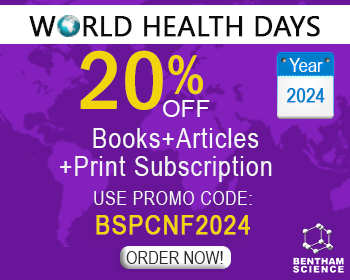Abstract
In the last decades, many factors thought to be associated with the atherosclerotic process and cardiovascular events have been studied, and some of these have been shown to correlate with clinical outcome, such as arterial stiffness, endothelial dysfunction and immunoinflammatory markers. Arterial stiffness is an important surrogate marker that describes the capability of an artery to expand and contract in response to pressure changes. It can be assessed with different techniques, such as the evaluation of PWV and AIx. It is related to central systolic pressure and it is an independent predictor of cardiovascular morbidity and mortality in hypertensive patients, type 2 diabetes, end-stage renal disease and in elderly populations. The endothelium has emerged as the key regulator of vascular homeostasis, in fact, it has not merely a barrier function but also acts as an active signal transducer for circulating influences that modify the vessel wall phenotype. When its function is lost, it predisposes the vasculature to vasoconstriction, leukocyte adherence, platelet activation, thrombosis and atherosclerosis. Non-invasive methods were developed to evaluate endothelial function, such as the assesment of FMD, L-FMC and RHI. Moreover in the last years, a large number of studies have clarified the role of inflammation and the underlying cellular and molecular mechanisms that contribute to atherogenesis. For clinical purposes, the most promising inflammatory biomarker appears to be CRP and a variety of population-based studies have showed that baseline CRP levels predict future cardiovascular events. Each of the markers listed above has its importance from the pathophysiological and clinical point of view, and those can also be good therapeutic targets. However, it must be stressed that assessments of these vascular markers are not mutually exclusive, but rather complementary and those can offer different views of the same pathology. The purpose of this review is to analyze the role of arterial stiffness, endothelial dysfunction and immunoinflammatory markers as surrogate endpoint, assessing the correlations between these markers and evaluating the therapeutic perspectives that these offer.
Keywords: Arterial stiffness, andothelial dysfunction, inflammation, atherosclerosis, pulse wave velocity, flow mediated dilation, low flow mediated constriction, C reactive protein.




























